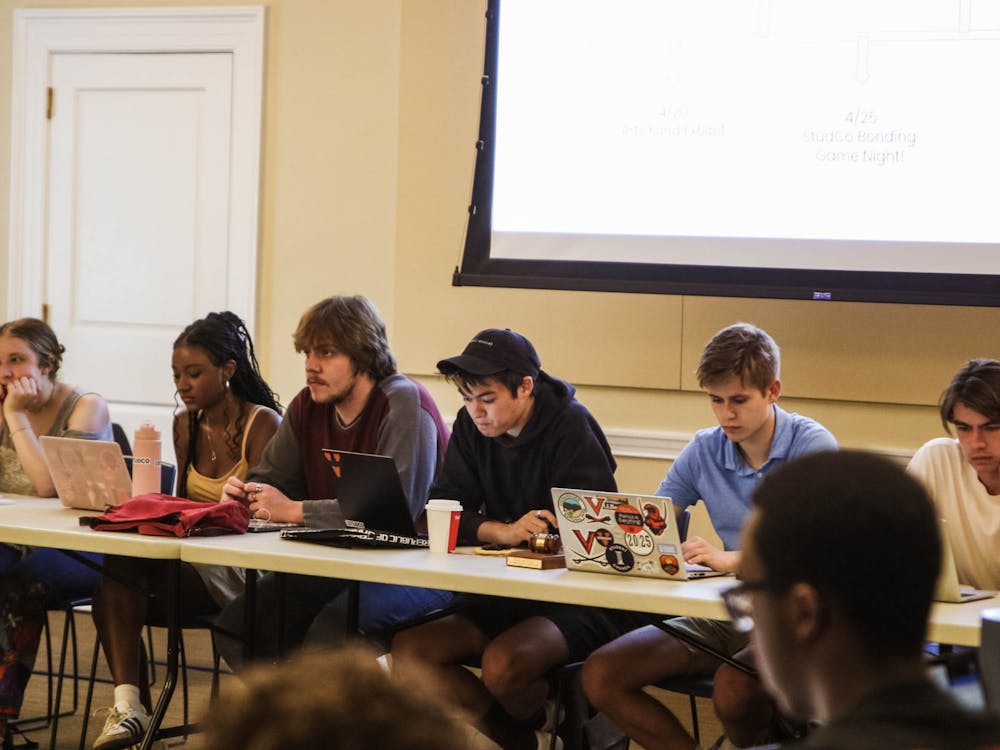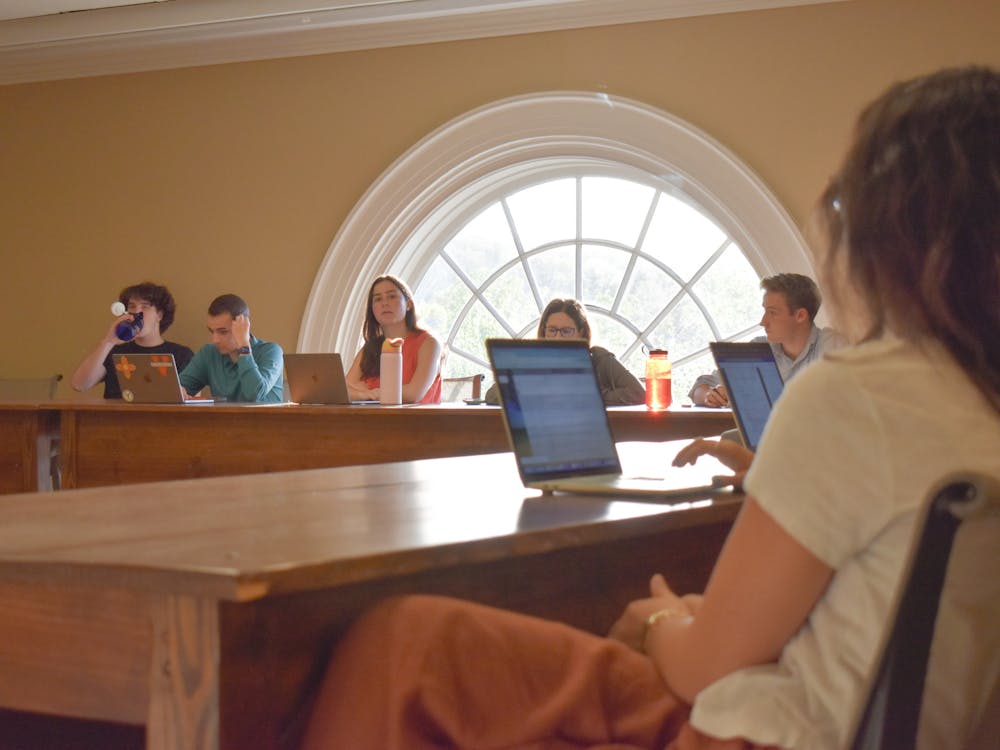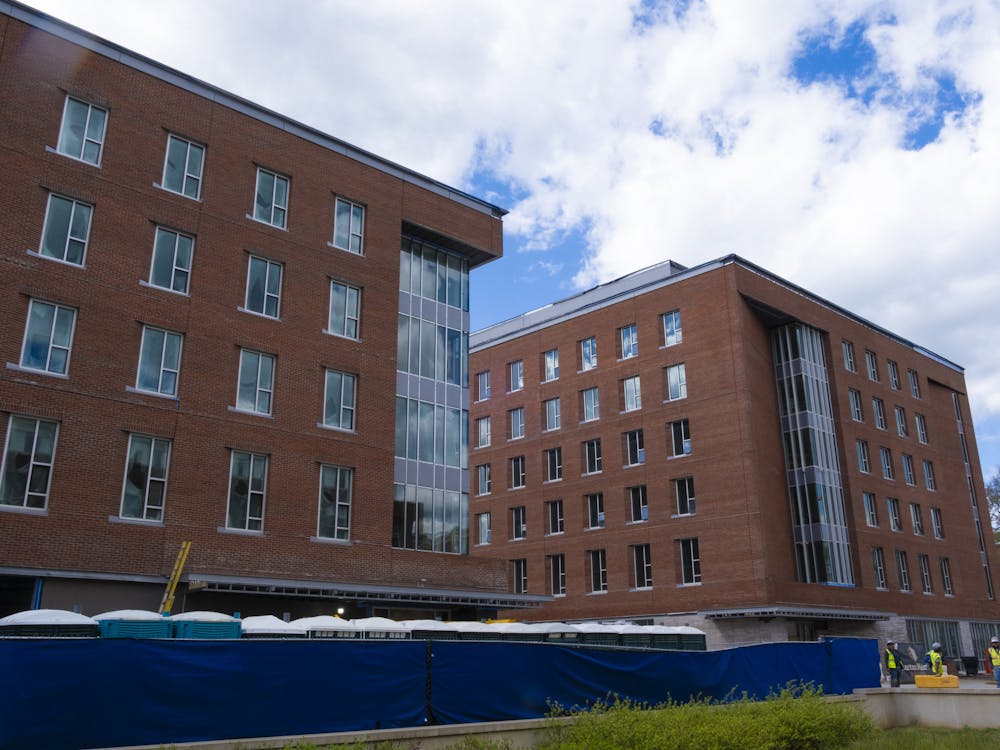Research conducted by a University Law professor in conjunction with a non-profit organization highlights “the need for better oversight and better standards in forensic science,” said Innocence Project spokesperson Eric Ferrero.
Assoc. Law Prof. Brandon Garrett recently conducted a study investigating 234 cases exonerated by post-conviction DNA testing with Peter Neufeld, the co-founder of the Innocence Project, Ferrero said. According to the organization’s Web site, the Innocence Project is a “national litigation and public policy organization dedicated to exonerating wrongfully convicted people through DNA testing and reforming the criminal justice system.”
Garrett and Neufeld’s study, published yesterday in the Virginia Law Review, sought to determine what led to the 234 wrongful convictions in the first place, Ferrero explained. Garrett said most defendants “had little success challenging forensic science in trials,” which suggests two possibilities. One explanation, he said, is that they were convicted when DNA testing was unavailable and the “rudimentary” techniques of the time supported their guilt. Another possibility is that the techniques available at the time were not used or explained properly, he said.
One research method Garrett said he used to examine the trials was to see if the testimony overstated the evidence. Researchers examined how forensic evidence was used in each case before reaching their conclusions.
Garrett also said, though, that he and Neufeld were not trying to make conclusions about the effect any forensic errors might have had on specific trials.
“We don’t know why the jury decided to convict,” he said.
The research, therefore, illustrates the need to more closely monitor how forensic techniques are used to convict alleged criminals, Ferrero said. Peter Marone, the director of Virginia’s Department of Forensic Science, said his department is still reviewing Garrett and Newfeld’s study.
Ferrero said the National Academy of Science spent two years looking at forensic evidence before bringing Garrett and Neufeld in to help “get a sense on how problematic a role forensic science played in these cases.”




